The universe is filled with fascinating astronomical objects, each offering unique insights into the mysteries of space. Among them, R Aquarii stands out as an intriguing binary star system in Aquarius, where a red giant and a white dwarf interact in a captivating display of cosmic activity. Nearby, Omega Centauri, the Milky Way’s largest globular cluster, dazzles with its 10 million stars.
The giant galaxy M87, located in the Virgo Cluster, is famous for its supermassive black hole, the first ever imaged. The starburst galaxy NGC 5253, with its intense star formation, and the beautiful barred spiral NGC 1672 in Dorado offer further glimpses into galaxy dynamics. Finally, NGC 3810, a spiral galaxy in Leo, showcases a fascinating interplay of dust and light. Each of these cosmic marvels adds to our understanding of the universe’s vast wonders.
Hubble Space Telescope: Recent stunning captures from deep space
R Aquarii
R Aquarii is a binary star system located in the constellation Aquarius. It features a red giant and a white dwarf, which are engaged in a dramatic interaction, creating complex nebulae and producing unusual variable brightness.
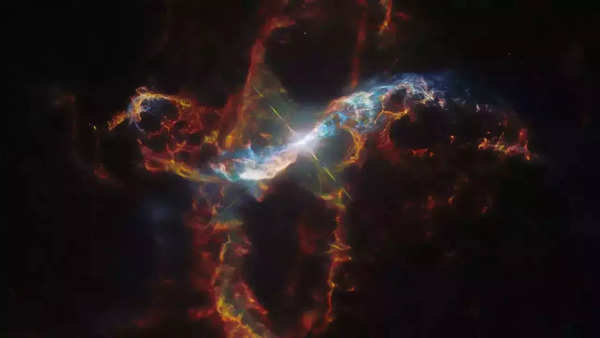
Omega Centauri
Omega Centauri is the largest and brightest globular cluster in the Milky Way. Located in the constellation Centaurus, it contains around 10 million stars and is visible to the naked eye, making it one of the most spectacular objects in the night sky.
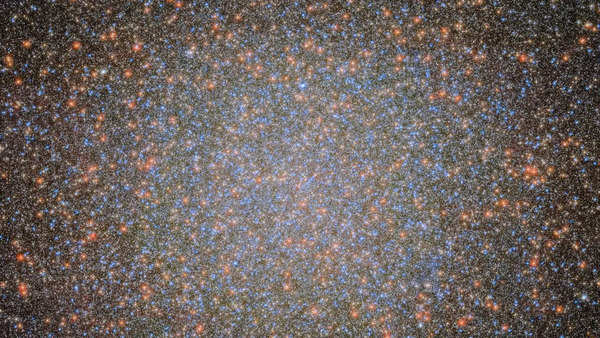
Image source: ESA/Hubble
Giant Galaxy M87
M87 is a supergiant elliptical galaxy in the Virgo Cluster, famous for its massive black hole at its centre, which was the first ever to be directly imaged. It is a highly active galaxy, known for its powerful jets and vast size.
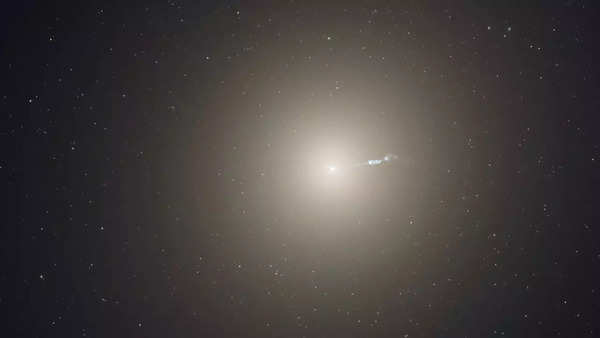
Image source: NASA Science
NGC 5253
NGC 5253 is a starburst galaxy in the constellation Coma Berenices. It is characterized by intense star formation and a bright, compact nucleus, often studied to understand the evolution of galaxies and starburst activity.
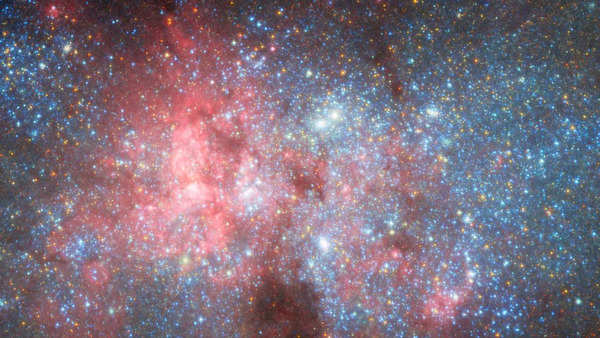
Image source: ESA/Hubble
NGC 1672
NGC 1672 is a barred spiral galaxy located in the constellation Dorado. With a striking central bar and a prominent spiral structure, it is a popular subject in the study of galactic dynamics and the formation of spiral arms.
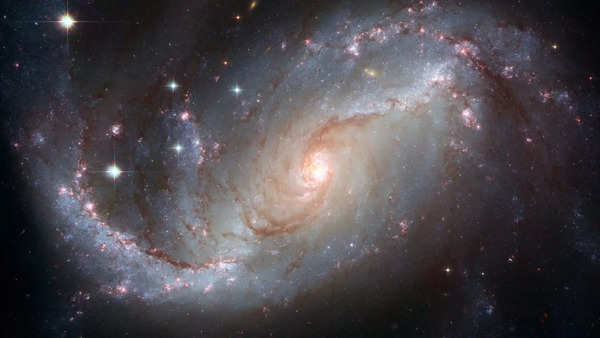
Image source: ESA/Hubble
NGC 3810
NGC 3810 is a spiral galaxy in the constellation Leo. It features a unique structure with prominent dust lanes and a bright core, providing valuable insights into the dynamics of galaxies and their interactions.
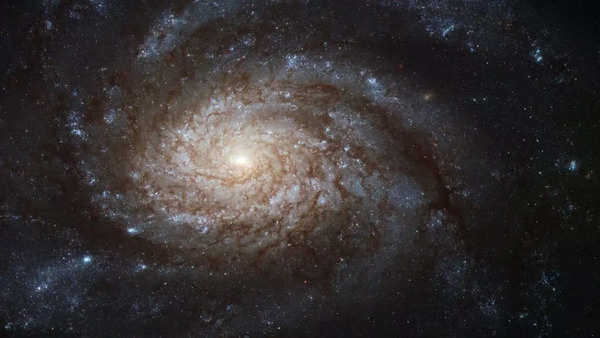
Also Read | NASA’s stunning visuals of the sun, stars, galaxy, and stellar universe
